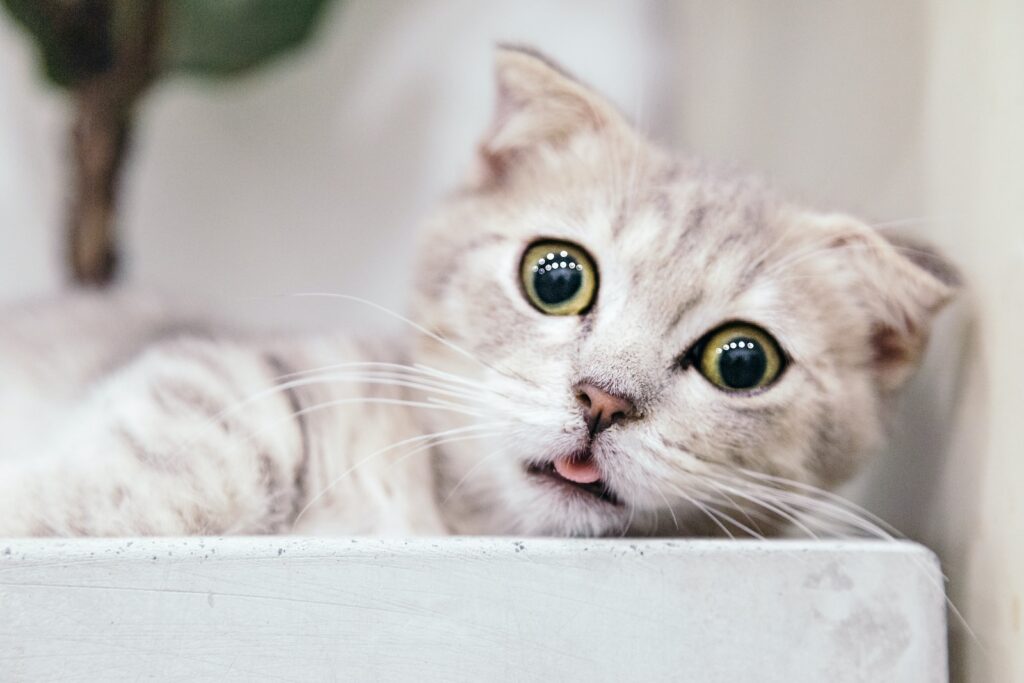Can Cats Eat Nuts? — No, They Can’t
Cats should not be given nuts as they are not suitable for their digestive system. While nuts may be a popular and nutritious snack for humans, they can pose several risks to cats if ingested. Cats have different dietary needs and restrictions compared to humans, and certain substances found in nuts can be harmful to their health.
Is It Safe for Kittens to Consume Nuts?
Kittens, just like adult cats, should not be given nuts to consume. Their delicate digestive systems are not equipped to handle the fats, oils, and other components present in nuts. It is essential to provide kittens with a balanced diet specifically formulated for their nutritional needs.
Risks Associated with Feeding Nuts to Kittens
Feeding nuts to kittens can lead to various health complications. Nuts are high in fat and can cause gastrointestinal upset, including stomach ache, diarrhea, or even pancreatitis in severe cases. Additionally, the size and hardness of nuts can pose a choking hazard for kittens, leading to potential breathing difficulties.
Why Nuts are Not Recommended for Cats
High Fat Content
Nuts are rich in fats, which can be challenging for cats to digest. Consuming a high-fat diet can lead to obesity and related health issues such as diabetes, liver problems, and heart diseases. Cats require a diet with a moderate fat level to maintain their overall well-being.
Potential Allergies and Toxicity
Certain nuts, such as walnuts and pecans, can cause allergic reactions in cats. Symptoms may include itching, skin irritation, and gastrointestinal distress. Some nuts, like macadamia nuts, are even known to be toxic to cats. It is crucial to keep all types of nuts away from their reach to ensure their safety.
Risk of Pancreatitis
Consuming nuts can trigger pancreatitis in cats, a condition characterized by inflammation of the pancreas. Pancreatitis can lead to severe abdominal pain, vomiting, loss of appetite, and dehydration. It is a potentially life-threatening condition that requires immediate veterinary care.
Known Health Issues in Cats from Consuming Nuts
When cats consume nuts, they may experience various health issues, including gastrointestinal distress, pancreatitis, potential allergies, and complications related to obesity. These issues can significantly impact a cat’s well-being and may require medical intervention to resolve.
What to Do If a Cat Has Consumed Nuts?
- Seek Veterinary Advice: If your cat has accidentally ingested nuts, it is crucial to consult a veterinarian for guidance. They can assess the situation and recommend appropriate steps to ensure your cat’s health and well-being.
- Monitor for Symptoms: Keep a close eye on your cat for any signs of distress, such as vomiting, diarrhea, or changes in behavior. If any concerning symptoms arise, seek immediate veterinary attention.
- Avoid Future Exposure: Prevent your cat from accessing nuts in the future. Keep all nuts securely stored and be cautious when consuming them around your cat to avoid any accidental ingestion.
Safe Alternatives to Nuts for Cats
While nuts are not suitable for cats, there are plenty of safe alternatives that can satisfy their cravings. Consider offering cat-friendly treats such as cooked and deboned chicken or turkey, small portions of canned tuna, or specially formulated cat treats available in the market. Always consult your veterinarian before introducing any new food items into your cat’s diet.
Conclusion
It is best to refrain from feeding nuts to cats due to the potential risks they pose. Cats have specific dietary requirements, and foods that are safe for humans may not be suitable for them. By avoiding nuts and opting for nutritionally balanced cat-friendly alternatives, you can ensure the well-being and long-term health of your feline companion.






